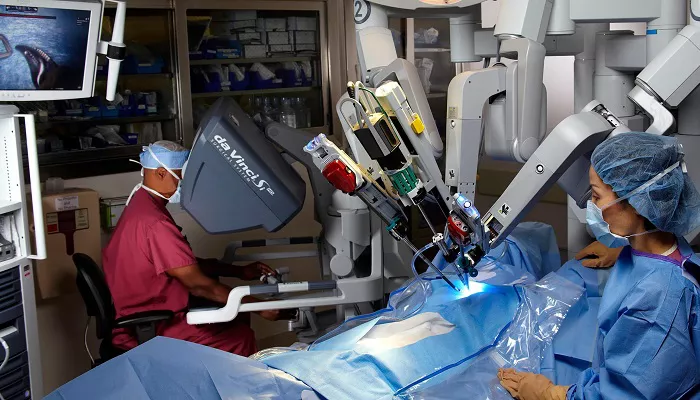The recent deaths of two young men in Kanpur following botched hair transplant procedures have sent shockwaves across India—once again highlighting the urgent need to regulate cosmetic medical surgeries. These tragedies serve as a grim wake-up call: hair transplants are not routine beauty fixes; they are complex medical procedures that demand licensed professionals, sterile environments, and strict oversight.
A Pattern of Negligence, Not Isolated Cases
Sadly, these aren’t isolated incidents. In 2016, a Chennai student died after undergoing a hair transplant at a salon licensed only to offer haircuts. In 2022, a 30-year-old Delhi man lost his life after a transplant led to multiple organ failure. In both cases, the procedures were carried out by unqualified individuals in non-clinical settings. The Delhi High Court even raised alarms, urging both state and central authorities to tighten control and raise public awareness.
Despite such legal and media attention, the regulatory response has been lethargic—and dangerous practices continue to proliferate in salons and unauthorized clinics across India.
“Cosmetic” Doesn’t Mean “Casual”
Dr. Kavish Chouhan, renowned dermatologist and hair transplant surgeon, warns, “Hair transplantation is a surgical procedure. It involves anaesthesia, pre-op screening, medical-grade sterilization, and emergency readiness. It must be performed only by trained dermatologists or plastic surgeons in proper clinical environments.”
And yet, due to public misinformation and lack of enforcement, unlicensed salons continue to offer these services, treating them like a haircut or facial. This deeply flawed perception—that cosmetic equals casual—has led to a spike in preventable medical complications and, in the worst cases, death.
National Medical Commission Guidelines: What’s Legally Required
The National Medical Commission (NMC) lays out clear rules for who can perform a hair transplant and how:
Only qualified dermatologists or plastic surgeons are allowed to perform the procedure.
Surgeries must take place in equipped operating theatres, with emergency care facilities on-site.
Full pre-operative assessments (allergy testing, medical history) are mandatory.
Critical steps like anaesthesia, graft extraction, hairline design, and slit creation must be performed by the surgeon themselves, not technicians.
The entire medical team should be trained in basic life support.
Ignoring any of these protocols dramatically increases the risks—from infections and permanent scarring to organ failure and death.
When Done Right, Hair Transplants Are Safe and Effective
It’s important to note that hair transplant surgeries performed under proper clinical standards are among the safest cosmetic procedures available today. Techniques like Follicular Unit Extraction (FUE) and Follicular Unit Transplantation (FUT) have high success rates and low complication risks when carried out by certified professionals.
The tragedy is that these otherwise safe procedures have been hijacked by profit-seeking, untrained individuals operating in unsafe environments.
What Needs to Change—Now
To prevent further tragedies:
Strict regulations and licensing enforcement must be implemented by health authorities.
Public awareness campaigns are needed to educate consumers about the risks of undergoing medical procedures in unlicensed facilities.
Verification mechanisms should be made accessible so patients can easily check the credentials of their doctors and the legitimacy of clinics.
Legal consequences for malpractice and impersonation in medical procedures must be swift and severe.
The Takeaway
The deaths in Kanpur—and others like them—underline a harsh truth: we’re failing to distinguish between medical-grade cosmetic surgeries and spa-level aesthetic services. That failure is costing lives.
Hair transplants are not beauty parlour add-ons. They are surgical interventions with real risks that demand qualified medical oversight. The only way forward is regulation, education, and a cultural shift in how we perceive cosmetic procedures.
Until then, the burden falls on consumers to protect themselves. Before undergoing any such procedure, ask the tough questions:
Who is the surgeon?
Is the clinic licensed and equipped for emergencies?
What does the pre-op screening process involve?
Are you being properly informed and consented?
No life should be lost in the name of appearance. Let the Kanpur incident be the turning point—not just for policy, but for public understanding.
Related Topics:
- Can Menopause Cause Hair Loss? Experts Explain Causes and Treatments
- Do Hair Transplants Work? Insights and Reddit Discussions
- U.S. Hair Transplant Market Set for Robust Growth Through 2032


